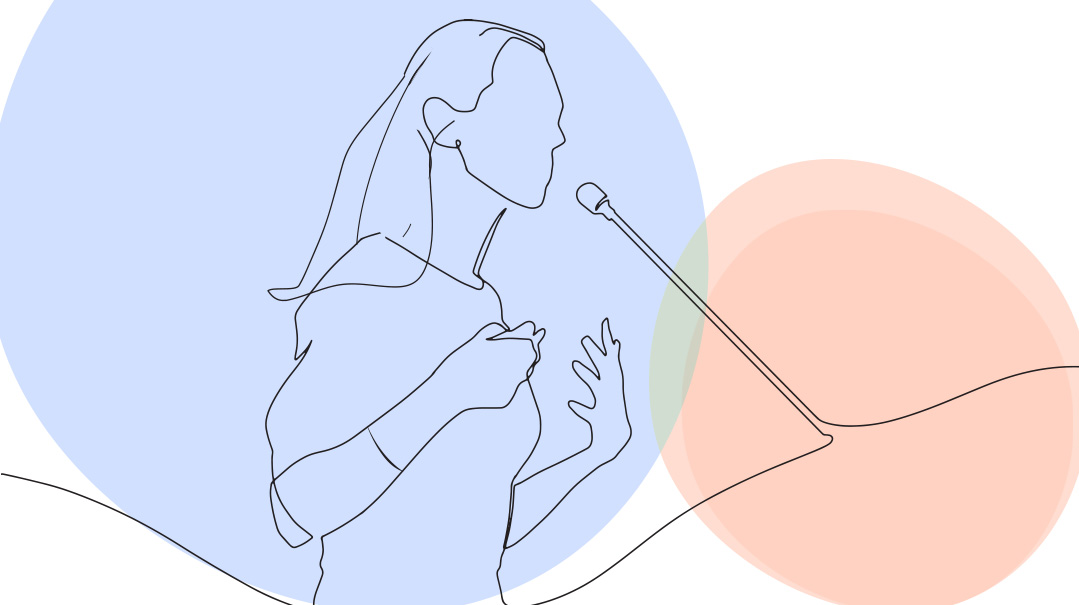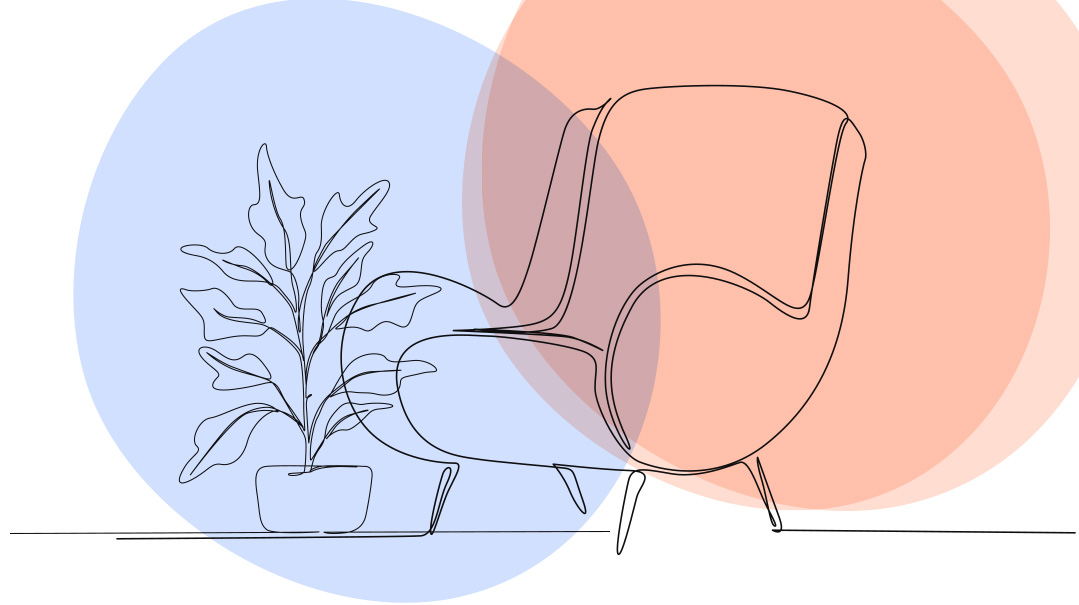All Our Children
| May 31, 2022There's no place for my children in our community

I'M the mother of two young adult children who have “hidden disabilities”— a term that describes people who are neurodiverse, with diagnoses such as Autistic Spectrum Disorder, Attention Deficit Hyperactivity Disorder, and Learning Disabled.
As kids, these individuals often have a hard time fitting in socially with their peers. Some of them also struggle to keep up academically, especially with the dual curriculum of a frum school. My children are both bright, articulate, funny, and talented. But since they were very young, our experience has been that our community does not seem to have a place for them.
When my son was eight years old, with the guidance of daas Torah, we made the decision to switch him to a non-Jewish, special-needs school.
Our son was doing things like leaving his cheder when upset and taking walks down busy streets (with our inclusion aide following him in a panic). Moreover, he was being socially excluded by his classmates.
Given his challenging behaviors and the young age of the kids, it was understandable. This wasn’t about the particular school; they were incredibly supportive of him and our family. However, we felt that there was simply no language available in the community to help his peers, their parents, and the school staff understand how to integrate him.
Moving him was described as pikuach nefesh; it was heartbreaking for us as parents.
After he moved to a therapeutic school environment, I experienced many intense feelings. I felt tremendous relief that he could finally be with kids like himself, and get his needs met. But it was coupled with grief that he was in a non-Jewish milieu all day. And the challenges of the secular setting never end.
Our son is now an 18-year-old high school senior, and his school works hard to be culturally sensitive with us. That also means that they are sensitive to all kinds of other situations, which we never would have chosen to expose to our son. However, the benefits of being in a therapeutically appropriate setting are myriad.
Baruch Hashem, we did this move early enough that our son isn’t rejecting Torah and frum people. He puts on tefillin every morning. He goes to shul on Sunday mornings with my husband (short and sweet), and my husband’s chevreh is wonderful with him, as is our rav. He keeps Shabbos, for the most part…
But he has no frum friends, save one amazing young man who hangs out with him once a week, matched with him through the Friendship Circle. However, when this wonderful volunteer graduates from yeshivah high school this June and goes to Israel, the relationship will most likely end.
We’ve been through this four times over the years, and it’s always hard. Is having the frum friend for a year or two worth it, once they move on and don’t keep in touch? I’m not sure…
Our daughter’s story is very different. We managed to keep her in the frum system throughout high school. She had inclusion aides when she was young, coupled with outside services such as educational therapy, tutoring, OT, social skills groups, and play/talk therapy. I now wonder if we did her a huge disservice by keeping her in this educational setting.
I could write a very long piece on 14 years of being teased, excluded, bullied, and tormented. My daughter is now off the derech. Although very close to our family, she wants nothing to do with Yiddishkeit, having experienced tremendous pain due to not being accepted by her peers. With proper support, she’s slowly attempting to work through the significant trauma she experienced in the system.
I have no doubt that if we’d pushed to keep our son in the yeshivah system, he’d now be not only off the derech, but likely dealing with devastating mental health issues. Moving him when we did spared him the damage of being constantly misunderstood, excluded, and rejected.
For children like my daughter, however, I don’t believe being in a special needs school would necessarily have been the right answer.
At almost 22, my daughter is successfully attending a four-year college with no accommodations for her disability. She has good friends there, and others she made in her two years in community college. She’s held the same job since 18, working with the public, in a large (secular) organization. Her bosses and her coworkers love her. She was just hired to be a dorm RA at her college this summer.
My daughter never had significant “acting out behaviors” as a child. Why would a girl like her need to be in a special-needs setting, frum or otherwise?
Yes, she was socially awkward as a child and teen. I understood that sometimes the other girls didn’t want to deal with her. We can’t expect kids to be adults. However, I wonder… what would have been if I’d felt comfortable training her, from the age of seven or eight, to articulate her disabilities and negotiate socially? I fantasize how things might be different now, if I’d gone into her class every year, and ran age-appropriate workshops with her classmates on accepting and including peers who are different? Isn’t this what we should be about as a frum community?
I have many friends who’ve struggled with a similar lack of acceptance for their children. One friend recently had to switch her middle school son to a secular special-needs school. And now, on Shabbos morning in their shul, boys he’s known his entire life ignore him, don’t speak to him, and behave as though he’s not there. He’s now, understandably, becoming alienated from living a Torah life. At age 14.
I don’t know that I ever articulated it, even to myself, but I always felt this internal pressure that my daughter should “pass” as typical, that we should call as little attention to her differences as possible, in the interest of future shidduchim. I’m by nature a very open person — but I absorbed this attitude from the culture surrounding me.
Each of our children is a precious Jewish neshamah, with G-d-given challenges. There needs to be more education, awareness, and acceptance of all kids. Every child should receive the precious gift of a Torah education, without experiencing rejection, alienation, or trauma.
These days, in her secular life, my daughter is open with new friends about her autism. She’ll sometimes warn peers, “I’m on the spectrum and sometimes miss social cues, so feel free to clue me in.”
I admire this so much, and it also makes me teary. Can’t we move, as a community, to a place where a teenage girl in a frum school can say something like that?
(Originally featured in Family First, Issue 795)
Oops! We could not locate your form.







